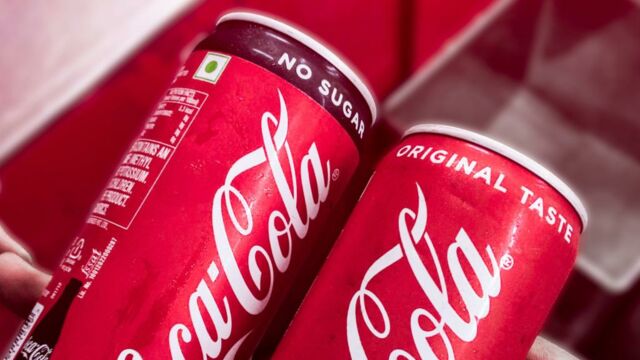According to a new study, the artificial sweetener sucralose found in Diet Coke and other soft drinks can actually induce women and overweight people to have higher amounts of food cravings.
Discover our latest podcast
Artificial sweeteners trick the brain
The study in question, which was conducted by the Keck School of Medicine of USC and published in Jama Network Open also advanced that the effect of this sweetener was not found in men considered to be of a 'healthy weight.' Dr. Kathleen Page explained that:
Drinking artificially sweetened drinks may trick the brain into feeling hungry, which may in turn result in more calories being consumed.
She also explains that because the sweetener is up to 600 times sweeter than sugar, it has been linked in the past to type 2 diabetes, while other studies have shown that it can be harmful to our natural gut bacteria. Dr. Page also said that:
There is controversy surrounding the use of artificial sweeteners because a lot of people are using them for weight loss. While some studies suggest they may be helpful, others show they may be contributing to weight gain, type 2 diabetes and other metabolic disorders.
Before adding:
Our study looked at different population groups to tease out some of the reasons behind those conflicting results.
Opposing stance on artificial sweeteners
On the other hand, Professor Gavin Partington who also happens to be the director of the British Soft Drinks Association believes that the study should not be taken at face value. He explains that the sample of people who participated in the study was too small to be indicative of an overarching pattern conclusive enough to prove the claim that artificial sweeteners are directly conducive to weight gain.
Non-sugar sweeteners are safe according to all leading health authorities in the world, and that’s why they are used in a vast array of food, medicine, dental and drinks products.
Their use enabled soft drinks manufacturers to reduce take-home sugar from soft drinks by 43.5 per cent between March 2014 and March 2020.















